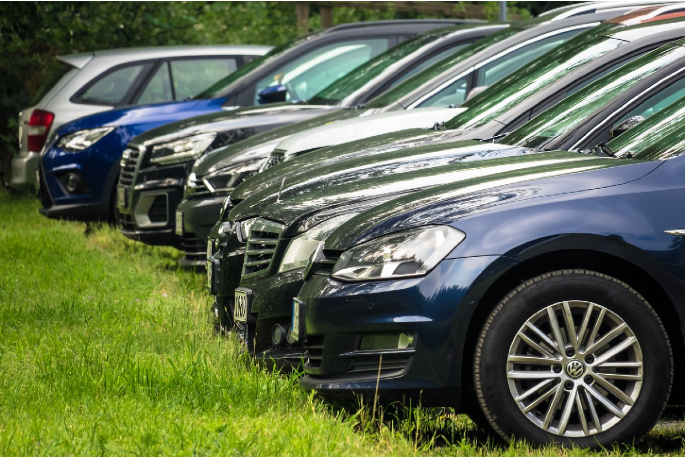This Content Is Only For Subscribers
In a recent update, November 15, The Department of Conservation (DOC) has initiated a 12-month paid parking pilot at selected overcrowded sites to address increasing visitor numbers and escalating costs associated with maintaining public conservation areas.
The program aims to balance visitor demand with sustainability while funding essential services and conservation work.
DOC Heritage & Visitors director Catherine Wilson explained the reason behind the paid parking pilot initiative and says “The sites selected are already over-crowded on peak days, and the charges are designed to help manage this. Charges will help to improve visitors’ experiences and will help DOC to fund the servicing of the visitor facilities at these sites that visitors enjoy. Funding will also be used to support high-value conservation work.”
She also emphasised the financial challenges faced by the department. “DOC’s visitor network is extensive and costs more money than it makes. Costs for maintaining and modernizing the network are growing. Visitor numbers are increasing, and there are greater climate change impacts with more extreme damage from weather events. DOC is exploring new ways of generating revenue and working with others to deliver services and facilities.” she says.
Highlighting the broader investment strategy, Catherine says “DOC invests millions of dollars each year to improve and maintain New Zealand’s highly-valued and extensive visitor network on public conservation land. Like hut and campsite fees, car parking fees will help to fund this ongoing investment and allow DOC’s limited funding to be freed up for other priority conservation work.”
Monitoring Demand and Visitor Impact
Addressing concerns about potential shifts in visitor numbers due to the introduction of parking charges, Catherine says “The iconic sites that have been considered for car park charges are the sort of places people travel some distance to experience,” she said. “DOC does not anticipate car parking charges will have a significant impact on demand at these sites, but this is a consideration to work through. DOC will monitor any changes in visitor numbers as part of the 12-month paid parking pilot.”
Public Consultation on Access Charging
In addition to the parking pilot, the government is seeking public input on broader access charging proposals. The consultation focuses on whether access fees should be implemented, who should be charged, where these charges should apply, and how the generated revenue should be used. Feedback from the public is being gathered as part of efforts to modernise conservation funding strategies.
More information on the proposals can be found at Proposals to modernise conservation released | Beehive.govt.nz.



